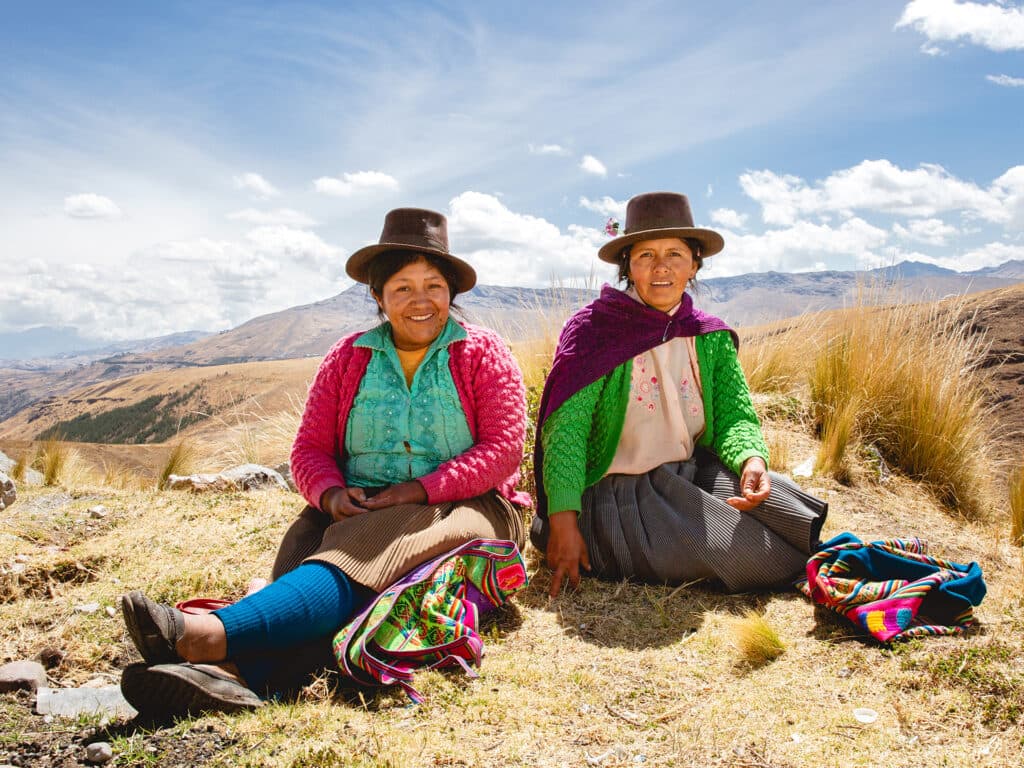
Guatemala
The gap between rich and poor is huge in Guatemala. More than half the population lives in poverty. Almost half of all children under five are chronically malnourished. Guatemala is severely ravaged by violence. The civil war that took place between 1960 and 1996 has left deep scars, and women and indigenous peoples have been particularly hard hit.
Diakonia has been working in Guatemala for over four decades, contributing to the creation of a just, equitable, and sustainable world. Our overall goal in the country is to support the strengthening of civil society actors who work on behalf of the most vulnerable people in society.
Guatemala is a country made up of diverse Indigenous peoples, mainly the Maya, Xinka, and Garífuna, along with a mestizo population. The majority of its population consists of women and youth. At Diakonia, we aim to contribute to the strengthening of democracy and climate justice by supporting Indigenous peoples, women, and young people in their active participation in building a more just and sustainable future.
Our strategy over the past years has focused on strengthening key political actors in Guatemala: Indigenous peoples, women, and youth.
We work to enhance their capacities for education, critical reflection, organization, mobilization, and advocacy through various initiatives, such as:
- Education and organizational strengthening:
We promote the training of leaders—both women and men—in Indigenous communities and women's organizations, to strengthen their political advocacy capacities. - Mobilization and social action:
We support social organization and mobilization, contributing to the creation of networks and platforms that enable greater influence on political decision-making at local and national levels. - Advocacy in public policy:
We facilitate the access and participation of these groups in the creation of public policies that respond to demands for climate justice, human rights, and democracy.

Diakonia in Latin America
Diakonia is present and have partner organizations in Bolivia, Colombia, Guatemala, Honduras, Peru and Paraguay. Our partners represent a broad variety of organizations working on different matters and at different levels.